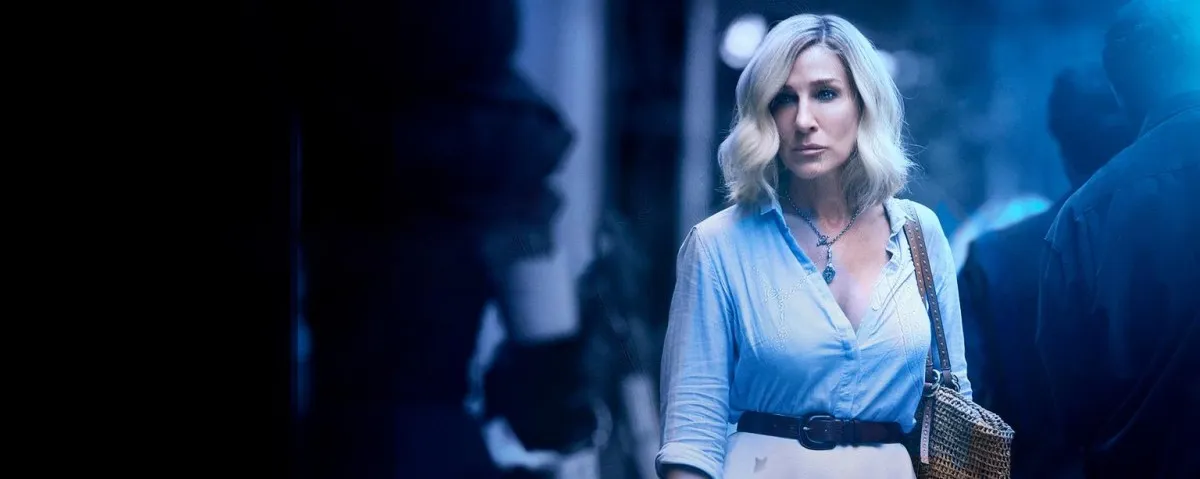is a British legal drama directed by Richard Eyre and based on the novel of the same name by Ian McEwan, who also wrote the screenplay. The film stars Emma Thompson, Stanley Tucci, and Fionn Whitehead in a thought-provoking exploration of law, ethics, and personal conflict. Centered around a high-stakes court case involving a teenage boy refusing medical treatment, the film delves into the emotional and moral complexities faced by those who must weigh compassion against principle.
Emma Thompson delivers a powerful performance as Fiona Maye, a respected High Court judge in London specializing in family law. Fiona is deeply committed to her work, often presiding over cases that require her to make life-altering decisions involving children’s welfare. Her dedication to justice and rationality, however, comes at a personal cost. At home, her marriage to Jack (played by Stanley Tucci) is unraveling, strained by emotional distance and the absence of intimacy. Jack, feeling neglected, announces his intention to have an affair, leaving Fiona emotionally unmoored just as she is confronted with one of the most difficult cases of her career.
The central case involves Adam Henry (Fionn Whitehead), a 17-year-old Jehovah’s Witness suffering from leukemia. Adam and his parents are refusing a life-saving blood transfusion on religious grounds, even though he is only three months shy of legal adulthood. Fiona must determine whether the court should override Adam’s and his family’s beliefs in order to save his life. In an unusual move, Fiona visits Adam in the hospital to better understand the boy behind the case, leading to an intense and deeply personal connection between judge and patient.

The encounter marks a turning point for both characters. Fiona sees in Adam a poetic, intelligent young man struggling with faith, identity, and the tension between autonomy and dependence. Adam, in turn, becomes emotionally attached to Fiona, seeing her as a figure of wisdom and stability. However, as the legal decision plays out and its consequences unfold, the lines between professional detachment and personal involvement become increasingly blurred.
Emma Thompson’s performance anchors the film, capturing Fiona’s inner turmoil with grace and emotional precision. She portrays a woman torn between her moral duty, her professional obligations, and the painful realities of her personal life. Fionn Whitehead brings vulnerability and quiet strength to Adam, making his character both sympathetic and tragic. Stanley Tucci adds nuance to Jack, a man who isn’t villainous but deeply frustrated by the emotional silence in his marriage.

Visually, the film is elegant and restrained, reflecting the decorum of the British legal system and the quiet storm beneath Fiona’s composed exterior. The courtroom scenes are gripping not through theatrics, but through the weight of ethical questions being addressed. The score and cinematography enhance the film’s reflective tone, emphasizing the emotional isolation of its characters.
In the end, The Children Act is a subtle and deeply moving film that examines the intersection of law, morality, and human connection. It asks whether rational decisions can ever be entirely free from emotional consequences and highlights the hidden emotional cost of those who are entrusted with making them. With its outstanding performances and morally rich narrative, the film offers a compelling portrait of duty, sacrifice, and the fragile balance between justice and compassion.


